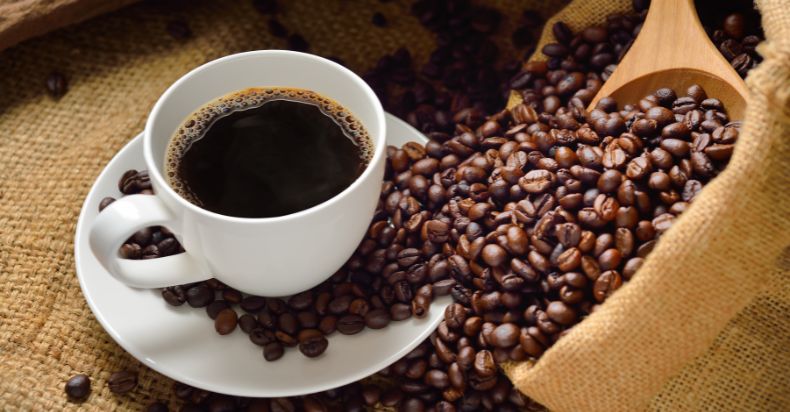Oxalates, or oxalic acid, are organic compounds found in many plant foods. While they are naturally occurring and generally harmless for most people, they can pose a problem for individuals with a history of kidney stones or other oxalate-related health issues.
These compounds can bind to minerals in the gut and form crystals, which can lead to kidney stones in susceptible individuals.
Is Coffee High In Oxalates?
Coffee is considered to be low in oxalates, making it a suitable option for those following a low-oxalate diet. A typical 8-ounce (240-milliliter) cup of coffee contains about 2 milligrams of oxalates, which is significantly lower than the oxalate content in other beverages like tea. Therefore, coffee can be enjoyed by individuals who are managing their oxalate intake to prevent kidney stones or other oxalate-related health issues.
The Importance of an Oxalate Diet
For those at risk of developing kidney stones, following an oxalate diet can be crucial.
This involves limiting the intake of foods and beverages high in oxalates and increasing the consumption of low-oxalate options.
It’s not just about the food you eat; what you drink matters too!
Coffee is a beloved beverage consumed by millions of people worldwide.
It is known for its stimulating effects, thanks to its caffeine content, but it also contains antioxidants, vitamins, and minerals.
However, when it comes to oxalates, is coffee a safe choice?
Oxalate Content in Coffee

Good news for coffee lovers! Coffee is considered to be low in oxalates.
A typical 8-ounce (240-milliliter) cup of coffee contains about 2 milligrams of oxalates, which is significantly lower than the oxalate content in other beverages like tea.
This makes coffee a suitable option for those following a low-oxalate diet.
While coffee is low in oxalates, the same cannot be said for all types of tea.
Black tea, for example, can contain up to 5 milligrams of oxalates per 8-ounce cup, while some herbal teas can contain even more.
If you are following a low-oxalate diet, it is important to be mindful of the type of tea you are consuming.
Tips for a Balanced Oxalate Diet
- Be mindful of portion sizes: Even low-oxalate foods and beverages can add up if consumed in large quantities.
- Stay hydrated: Drinking plenty of water can help prevent the formation of kidney stones.
- Diversify your diet: Include a variety of low-oxalate foods and beverages to ensure you are getting all the necessary nutrients.
- Read labels carefully: Some processed foods and beverages may contain higher levels of oxalates than you might expect.
Conclusion
Coffee is a low-oxalate beverage, making it a suitable option for those following a low-oxalate diet.
However, it is important to manage your overall oxalate intake and maintain a balanced diet to support your overall health.
If you have concerns about oxalates or kidney stones, it is always best to consult a healthcare professional for personalized advice. Cheers to enjoying your cup of coffee without the worry!
